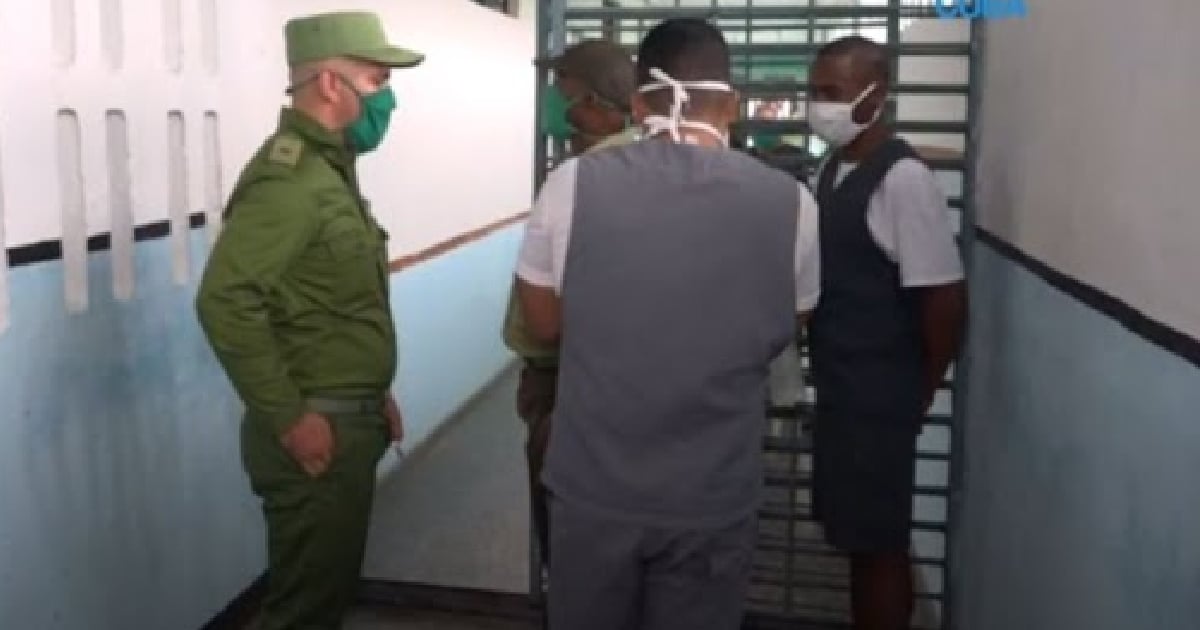
The United Nations will present a strong condemnation of the forced labor that political prisoners in Cuba are subjected to in September, as outlined in its recent study on Contemporary Forms of Slavery.
This statement has been supported by the NGO Prisoners Defenders, whose detailed report on the situation in Cuban prisons has been adopted by Tomoya Obokata, the UN Special Rapporteur.
The document expresses concern over the existence of laws and regulations in Cuba that allow for mandatory labor as a reprisal for expressing political opinions or participating in strikes.
In this regard, the United Nations points out that this practice constitutes a serious violation of human rights and has urged the Cuban government to review its repressive policies.
The report by Prisoners Defenders, which has served as the basis for the UN condemnation, provides a chilling portrayal of the conditions in which political prisoners on the island are found.
According to the text, the production of charcoal from Marabú and the cutting of sugar cane during the sugar harvest are two of the most common and exhausting tasks that these prisoners are forced to perform.
These jobs, which in many cases are carried out without the proper equipment, expose the inmates to inhumane and dangerous conditions.
A particularly shocking testimony is that of Walnier Luis Aguilar Rivera, whose father described how prisoners are forced to cut down marabou logs with bare hands, without appropriate tools, which causes them serious wounds and blisters.
"They are working like slaves," he denounced, highlighting the brutality to which political prisoners are subjected, according to the EFE agency.
The conditions are equally deplorable for those who make up the sugarcane cutting brigades, who, according to reports, lack gloves, boots, and proper tools.
This insufficient equipment not only complicates the task but also increases the risk of injuries, highlighting the disregard for the life and dignity of these workers.
As confirmed on social media X, Prisoners Defenders has also warned about the involvement of minors in these forced labor activities, with workdays exceeding nine hours a day, insufficient food, and a lack of medical check-ups.
Moreover, the organization has reported that the coal produced under these conditions in Cuba is sold in Europe, making consumers unwitting accomplices of these inhumane practices.
The report by the UN special rapporteur is expected to contribute to increasing international pressure on the Cuban government to end these human rights violations and to take concrete measures to prevent the export of products obtained through forced labor.
On the third anniversary of the historic protests of July 11, the regime has totaled 1,731 political prisoners since that date, along with the misery, repression, fear of its citizens, persecution of the press, the exodus of thousands of citizens each month, and the pain of families and prisoners.
According to Prisoners Defenders, the current figure was 1,119 in the past month of July, including 30 minors (one female among them), 119 women (counting minors and two of transgender gender), and 324 with severe medical conditions.
What do you think?
COMMENTFiled under: